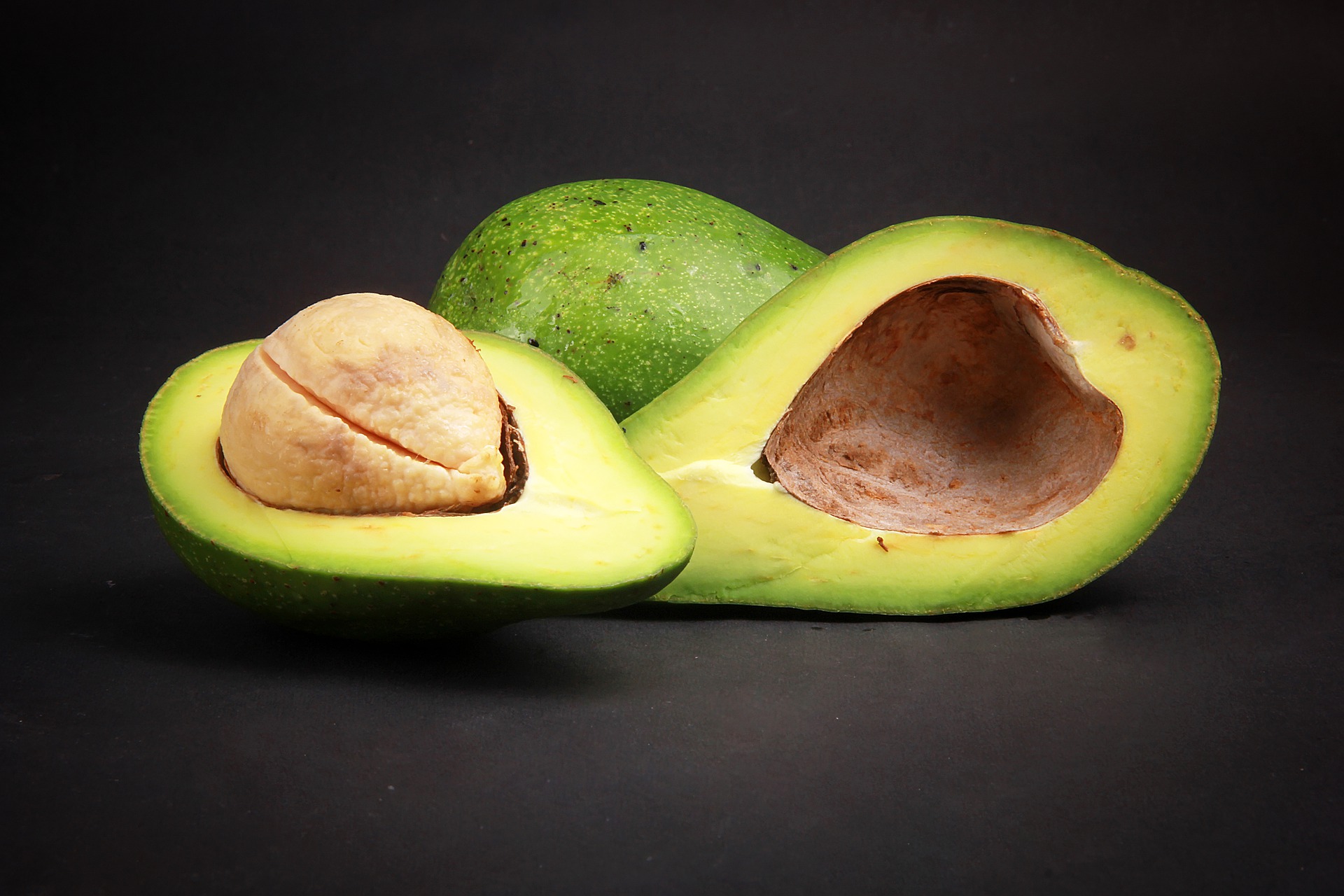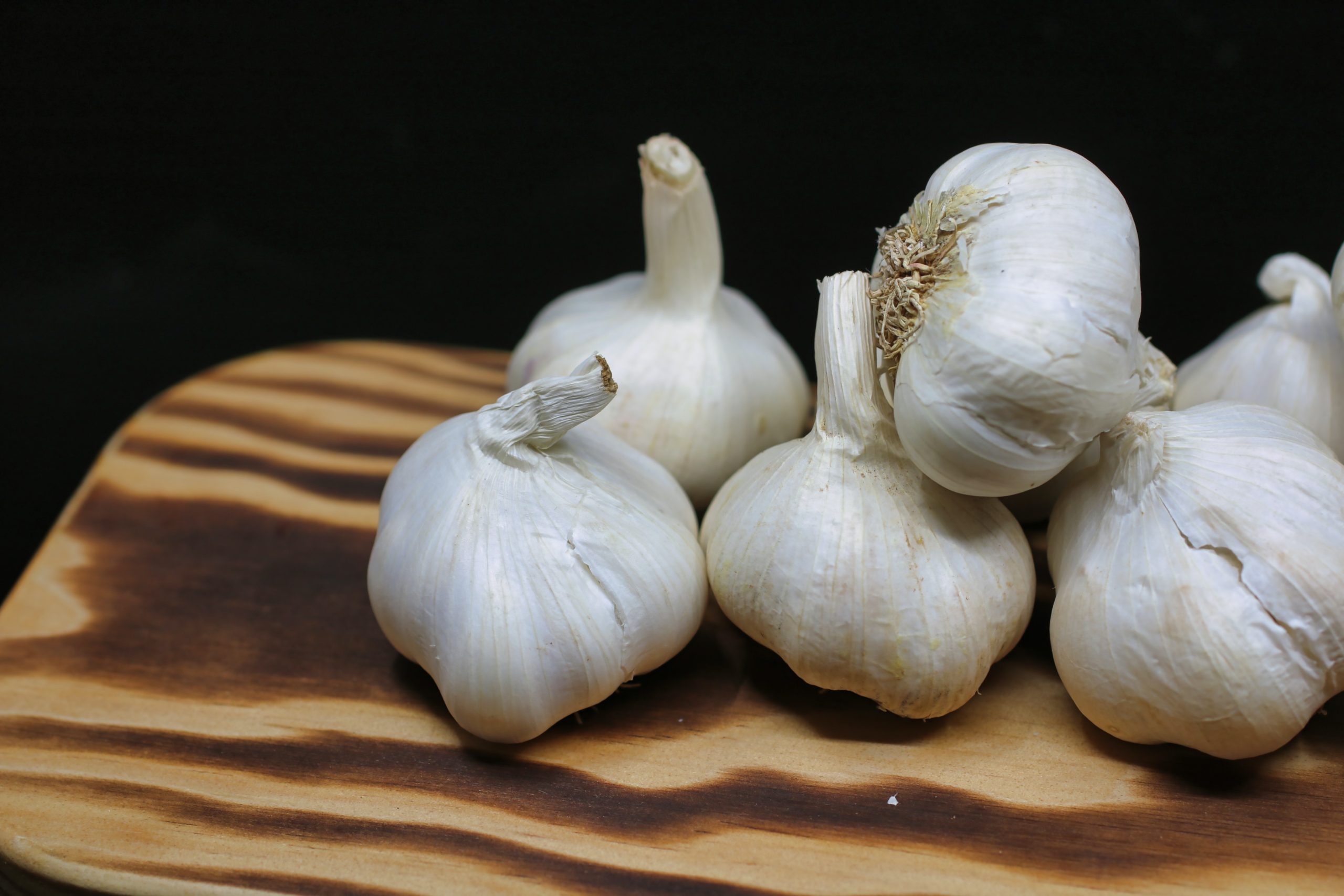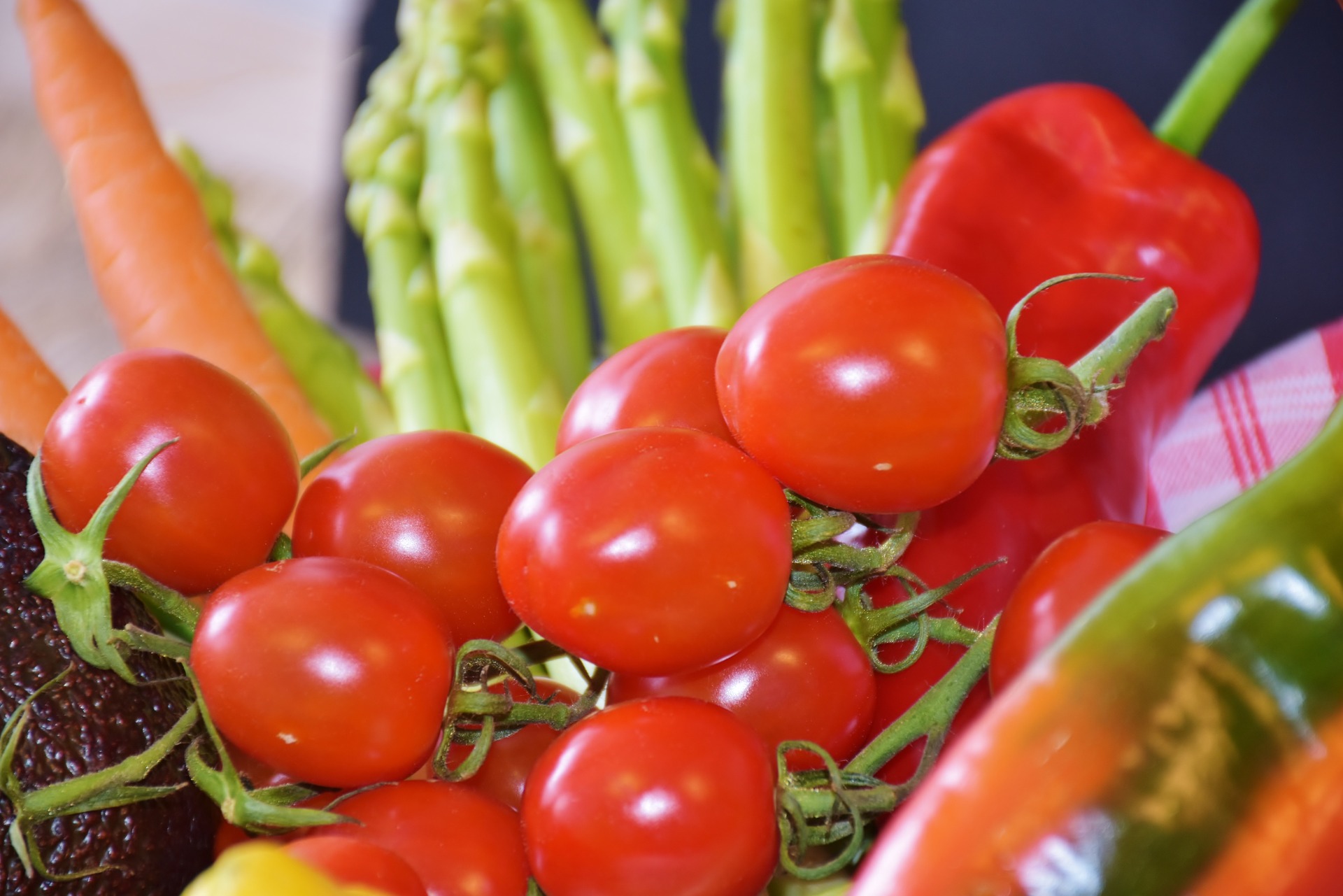Vegetables are regarded as the foundation of a low-carb diet, but some are better options than others. Knowing the number of carbohydrates in broccoli, cauliflowers, and other vegetables would make it much simpler to prepare low-carb meals.Vegetables are also loaded with vitamins, minerals, and fiber, making them perfect for low-carb diets. The low-carb diet differs for each person and varies according to their body type and weight. Mostly it is consumed at 150 grams or sometimes as low as 20 grams per day. Eating vegetables with low carbohydrates will help you control your diet and to stay healthier and fitter.
Table of Contents
Here is a compilation of the 21 best low carb vegetables to be used in your diet.
1.Bell Peppers
Bell Pepper is known as capsicum and a common nightshade vegetable. Highly rich in sources of nutrients and serve as staple foods for various cuisines. Bell peppers contain extremely low carbohydrates that don’t raise blood glucose level, also good for bones, and helps in the rapid growth of RBCs in the blood.
The antioxidant called carotenoids found in bell peppers reduces the risk of inflammation and cancer risks. Research shows that 149 grams of red pepper contains 9 grams of low carbs, of which three are fibers with zero-calorie and very little protein.
The green pepper contains low carbohydrates as compared to red and yellow pepper. Bell peppers are enriched with Vitamin A which meets 93% of Reference Daily Intake (RDI) and Vitamin C which meets 317 percent of the
RDI and has no gluten, and also contains vitamin B6.Carbs in orange peppers, yellow and green peppers have the same nutrients but red peppers contain high antioxidant properties, extra B-carotenes, and Vitamin C.
Bottom Line: Bell peppers are anti-inflammatory, rich in vitamins A and C. They produce 6 grams of “net” carbs per serving.
2.Broccoli
Broccoli is the supreme green vegetable to be in your diet plan as it contains low carbohydrates and high fibers and micronutrients. It is a part of the cruciferous vegetable family, which comprises lettuce, Brussels sprouts, radishes, and cabbage.Raw broccoli contains fewer carbohydrates as compared to cooked broccoli because broccoli is shrunk when they are cooked. A cup (91 grams) of cooked broccoli contains double carbohydrates (6g) as compared to 1 cup of raw broccoli.
Broccoli helps in decreasing resistance to insulin in diabetic patients and proved effective against prostate cancer. It is a natural antioxidant and enriched with Vitamin A and K, boosts the immune system, and regulates blood pressure and sugar level.
Bottom Line: Broccoli comprises 4 grams of digestible carbs per meal. It is a good source of vitamins C and K, which can improve insulin resistance and help prevent cancer.
3.Asparagus
Asparagus is a pleasant spring veggie, cholesterol-free and fat-free,rich in vitamins and minerals, and contributes as a healthy addition to your meal. One cup of asparagus (180g) contains 8g of carbs of which four are fibers and also contain sodium and potassium. Asparagus is a super healthy food which contains an impressive concentration of vitamin A, C, and K.Research has found that asparagus helps in fighting and preventing cancer, regulates blood sugar. Research on mice shows that it can help improve brain health and minimize panic attacks.
Bottom Line: Asparagus includes four-gram of digestible carbohydrate per serving. It is a good source of certain vitamins and can help protect against certain types of cancer.
4.Mushrooms
When it comes to vegetables, mushrooms are extremely low in carbohydrates. They are a good source of soluble fiber, potassium, minerals, and vitamins. A one-cup (70-gram) amount of raw white mushrooms includes just 2 grams of carbs, one of which is fiber.
Mushrooms help in losing weight boosts the immune system and prevent prostate cancer. They are found to be extremely helpful in metabolic syndrome in men as they are anti-inflammatory and antioxidant. You can take the controlled amount of these mushrooms along with other green vegetables for a healthy diet.
Bottom Line: Mushrooms contain 1 g of carb per serving. They can suppress inflammation in people with metabolic syndrome.
5.Zucchini
Zucchini is a fantastic vegetable and the most common summer squash, long shape, and soft inside. Winter squash, on the other hand, comes in a variety of shapes, has an indigestible rind, and is higher in carbohydrates than in summer varieties. It is a natural laxative and anti-inflammatory and helps in digestive problems like diarrhea in kids.One cup (124 gram) of raw zucchini comprises 4 grams of carbs, one of which is fat. It is a decent source of vitamin C, supplying 35 percent of RDI per serving.
Yellow Italian squash and other varieties of summer squash have carbohydrate amounts and nutritional properties comparable to zucchini.
Bottom Line: Zucchini is another form of summer squash contain 3 gram of digestible carbohydrate per serving and are rich in vitamin C.
6.Spinach
Spinach is a large green leafy vegetable that helps in maintaining your low carb diet. It is an excellent source of Vitamin A, C, and K, fibers, and several nutrients. A cup (180 grams) of prepared spinach contains 7 grams of carbs with four fibers and an uncooked cup of spinach contains 1 gram of carbs.
Researchers found that it can help prevent DNA loss.
It also supports heart health and can reduce the risk of chronic eye disorders such as cataracts and macular degeneration.Prepared spinach provides 10 times more than a desirable amount of Vitamin K.so adding this low carb spinach in your diet will help you in better functioning of your body and improves your health ensuring you a balanced and complete diet.
Bottom Line: Cooked spinach includes 3 grams of digestible carbs per serving, is also rich in vitamin K, and helps preserve the health of the heart and eye.
7 Avocados
Avocados are yet another highly nutritious, low-carbon plant meal. They are fruit but consumed as vegetables. They seem to be rich in some nutrients, particularly fibre, Vitamin C, and potassium.A one-cup (150-gram) regular consumption of chopped avocados contains 13 grams of carbohydrates, 10 of those are fibre.

Avocados are also high in oleic acid, a form of monounsaturated fat that has a positive effect on health. Significant experiments have shown that avocados can help decrease LDL cholesterol and triglyceride levels.
While avocados are relatively high-calorie food, they can be helpful for weight control. In one research, overweight people who had half an avocado at lunch reported feeling happier and less willing to eat in the next five hours
Bottom Line: Avocados shall contain 3 grams of carbs per meal. They foster a sense of fullness and are rich in healthy fat and fibre.
8 Cauliflower
Cauliflower is among the most resilient and prevalent low-carbon vegetables in the world. It has a very unique taste and can be used as a supplement for potatoes, rice, and other high-carb foods.
Among other cruciferous vegetables, it is often linked to a lower risk of heart disease and stroke. One cup (100 grams) of cruciferous vegetables comprises 5 grams of carbs, three of which are fibre. It is also a good source of vitamin K and supports 77% of RDI for vitamin C
Bottom Line: Cauliflower includes two grams of carbohydrate per portion. It is also high in vitamin K and C and can help decrease heart disease and cancer.
9 Green Beans
Green beans are a tasty, crispy, low-calorie veggie, and they also have a lot of essential nutrients. They are commonly known as French beans, string or snap beans. They come from the legume family, together with beans and lentils.
Interestingly, they contain small quantities of carbohydrates than other legumes do.A one-cup (125-gram) portion of browned green beans contains 10 grams of carbs, four of which are made from fibre. Scientific studies on animals show that green beans are loaded with a green pigment known as chlorophyll, which could serve to protect against cancer. Moreover, they include beta carotene that is correlated with greater brain activity during aging.
Bottom Line: Green beans include 6 grams of edible carbs per meal, and also antioxidants that can help reduce cancer and protect brain cells.
10 Lettuce
Lettuce is indeed one of the lowest carb vegetables in the world owing to its extremely-high water content.One cup (47 gram) of lettuce includes two grams of carbs, one of which is fibre. Depending upon the type, it can also be a valuable source of some vitamins.
Roman and other dark-green varieties, for example, are high in vitamins A, C, and K. They’re rich in folate, too.Folate contributes to reducing levels of homocysteine, a compound believed to maximize the risk of heart disease. In one experiment of 37 women, eating high folate for five weeks decreased homocysteine levels by 13 percent relative to a low folate diet.
Bottom Line: Lettuce contains 1 g of carbohydrate per portion. It is high in several vitamins, including folate, which can reduce the risk of heart failure.
11 Garlic
Garlic is recognized for its positive effect on immune function. Research findings have shown that it can improve resistance to a common cold or flu and lower blood pressure.While it is a high-carb vegetable by weight, the quantity usually eaten in one sitting is very low due to its good flavor and fragrance. One clove (3 grams) of garlic produces 1 gram of carbohydrate, half of which is fibre.

Bottom Line: Garlic contains 1 gram of carbohydrate per clove. It can lower blood pressure and enhance immune function.
12 Kale
Kale is also a great low-carb alternative when it comes to vegetables. They cover a range of vitamins (A which C) and are believed to help protect against heart disease, lower blood pressure, type 2 diabetes, and some other illnesses.
Although kale is filled with antioxidants, including quercetin and kaempferol, it also has a substantial number of more carbohydrates per serving. One cup (67 gram) of raw kale contains 7 grams of carbs, all of which are made from fibre. It also offers a remarkable 206 percent of RDI in vitamin A and 134 percent of RDI in vitamin C.
The study suggested that high consumption of vitamin C may enhance the immune system and increase the ability of the skin to fight toxic radicals, which can accelerate the aging process.
Bottom Line: Kale provides 6 grams of carbohydrate per serving. It is rich in antioxidants and contains more than 100 percent RDI for vitamins A and C.
13 Cucumbers
Cucumbers are low in carbohydrates and ultra-high in water content. While cucumber is not very rich in vitamins or minerals, it contains an enzyme called cucurbitacin E, which may have potential health benefits.One cup (104 gram) of shredded cucumber includes four grams of carbs and less than 1 g of fibre. Evidence from the test tube and animal
Cucumbers have less than 4 grams of consumable carbs per portion
studies shows that its Anti-cancer and anti-inflammatory properties can improve the health of the brain.
Bottom Line: Cucumbers have less than 4 grams of consumable carbs per portion. They will effectively safeguard against tumors and improve mental wellbeing.
14 Brussels Sprouts
Brussels sprouts are yet another nutritious cruciferous veggie. The half-cup (78-gram) of boiled Brussels sprouts contains 6 grams of carbs, two of which are fibre. It also includes 80% of RDI for vitamin C and 137 percent of RDI for vitamin K. Moreover, controlled human studies indicate that consuming Brussels sprouts can minimize risk factors for cancer, particularly colon cancer.
Bottom Line: Brussels sprouts comprise four-gram of digestible carbs per meal. They are rich in vitamins C and K which can help to reduce the risk of cancer.
15 Celery
Celery is a common choice for low-carbohydrate diets since it is very low in fat and carbs. One cup
(101-gram) of sliced celery comprises 3 grams of carbs, two of which are fibre.It is a healthy source of vitamin K, which accounts for 37% of RDI. It also includes luteolin, an antioxidant that can prevent and help treat cancer.
Bottom Line: Celery contains 1 g of digestible carbs per meal. It also contains luteolin, which may have anti-cancer effects.
16 Tomatoes
Tomatoes are technically fruits but normally consumed as vegetables and offer a range of health benefits. Tomatoes are considerably lower in carbohydrate content and include several vitamins (A, C, and K), minerals, and antioxidants, which can help to lower blood pressure and minimize the risk of stroke.

Endothelial cells that line your arteries are also said to continue improving, and their high lycopene presence can help stop prostate cancer. Roasting tomatoes increases the lycopene content and adding fats, such as olive oil, has been found to improve their absorption during cooking.
Bottom Line: Tomatoes take four-gram of digestible carbohydrate per serving and are rich in vitamins and potassium. They can help to protect the heart function and decrease cancer risk.
17 Radishes
The radishes are low-carb vegetables with a strong, zesty flavor. Radishes are also one of the Brassica vegetables that have been shown to decrease the incidence of breast cancer in postmenopausal women by changing the way the body metabolizes estrogen.One cup (116 gram) of fresh chopped radish includes four grams of carbs, two of which are fibre. They are moderately rich in vitamin C, supplying 29 percent of the RDI per meal.
Bottom Line: Radishes provide 2 g of nutritious carbs per serving which can help to minimize the risk of breast cancer in elderly ladies
18 Onions
Onion is a nutritious, versatile vegetable that can be eaten in several ways. Onions are rich in Quercetin antioxidants, which can reduce blood pressure.
While they are reasonably high in carbs by weight, they are generally consumed in limited quantities due to their sharp taste.Half a cup (58 gram) of chopped raw onions produces 6 grams of carbohydrates, one of which is fibre. One research on overweight women showed that red onion intake lowered LDL cholesterol levels in women fighting with the polycystic ovarian syndrome (PCOS).
Bottom Line: Onions contain five grams of digestible carbs per serving which can help lower blood pressure and LDL cholesterol levels.
19 Eggplant
Eggplant is a non-starchy vegetable that is low in carbohydrates and has been widely consumed in Italian and Asian cuisines. A one-cup (99-gram) serving of sliced, fried eggplant produces 8 g of fibre, two of which are fibre.This is not very rich in certain vitamins or minerals, but experimental evidence shows that eggplant may greatly reduce cholesterol and boost other indicators of cardiovascular health.It also contains an agent known as nasunin in the purple tint of the shell.
Researchers have stated that nasunin helps suppress free radicals and may protect the health of the brain
Bottom Line: Eggplant contains 6 grams of digestible carbs per portion which can protect the health of the heart and brain.
20 Cabbage
Cabbage seems to have some remarkable health benefits. As a cruciferous vegetable, it may decrease the risk of some cancers, including esophageal and stomach cancer. One cup (89 grams) of sliced uncooked cabbage contains 5 grams of carbohydrates, three of which are fibre. It also offers 54% of RDI for vitamin C and 85 percent of RDI for vitamin K.
Bottom Line: Cabbage contains 2 grams of digestible carbs per meal. It is rich in vitamins C and K and can minimize the risk of some cancers.
21 Artichokes
Artichokes are healthy, low in calories, and rich in fibre. They are packed with vitamins and minerals such as vitamin C, vitamin K, folate, phosphorus, and magnesium. They’re also one of the top providers of antioxidants.One medium-sized artichoke (120 gram) comprises 14 grams of carbs.
However, 10 g derive from fibre, which is very low in the digestible (net) carbs. A part of the fibre is inulin, which serves as a prebiotic that feeds healthy intestinal bacteria.Besides, artichokes can maintain the health of the heart. In one study, when people with high cholesterol were drinking artichoke juice, the inflammatory markers decreased and the function of the blood vessels increased.
Bottom Line: Artichokes contain 4 grams of digestible carb per meal which can improve the health of the intestines and the heart
Frequently asked questions
What vegetables can you not eat on a low carb diet?
I love vegetables! They’re so tasty, and they can help with weight loss. But be careful of potatoes, yams, or beets because their starch content is high-they might not have the same benefits as other veggies on a low carb diet.
How can I get fiber without carbs?
Leafy greens are excellent for any low-carb diet. They’re also loaded with fiber and all sorts of other nutrients that will help keep you satisfied between meals, as well as provide important vitamins like A, K, C and B6.
Flaxseeds give you a dose of omega-3 fatty acids in addition to their high fiber content while cabbage is an amazing source of polyphenols– the chemical compounds responsible for its powerful antioxidant effects on cells throughout your body!
Coconut provides plenty more healthy fats in addition to being great at combating inflammation from time spent sitting or standing still long hours doing office work; don’t forget avocado’s monounsaturated fat too which has been shown scientifically again and again not only helping people live longer but have.
What fruits are high in carbohydrates?
We all know that fruit is a great way to get some vitamins and minerals in while satiating our sweet tooth. The trick, though, is knowing which fruits have the least carbohydrates so you can still enjoy your indulgence without sabotaging yourself with pounds of carbs!
Take-Home Note
Many healthy and nutritious vegetables can be used in a low-carb diet. Besides being low in carbs and fats, they can also decrease the risk of disease and improve general health and well-being.







